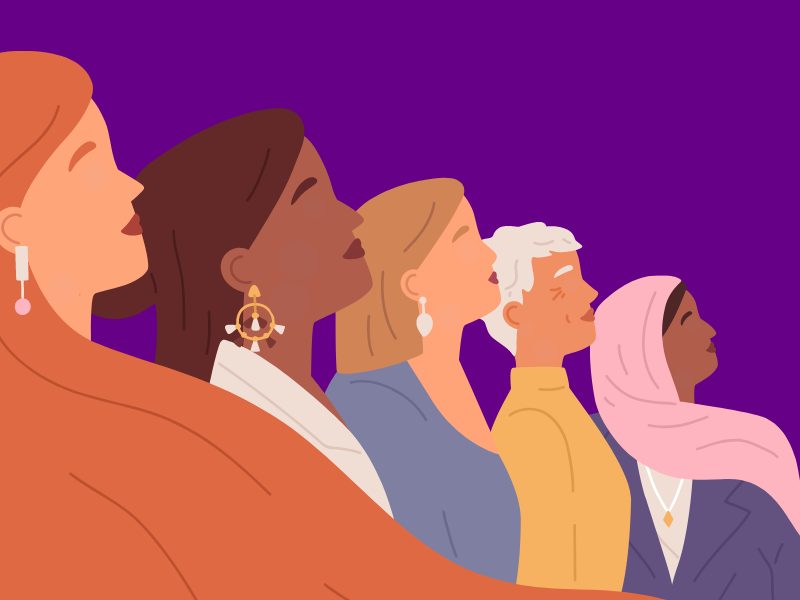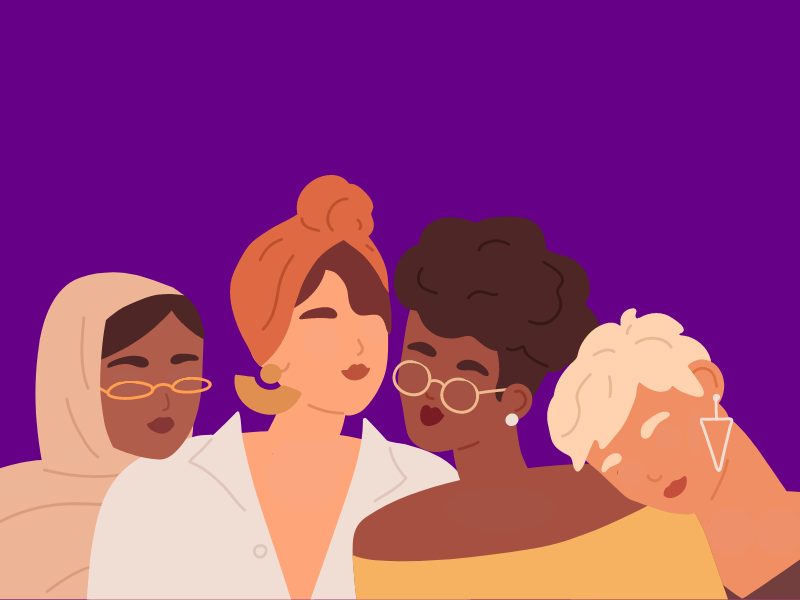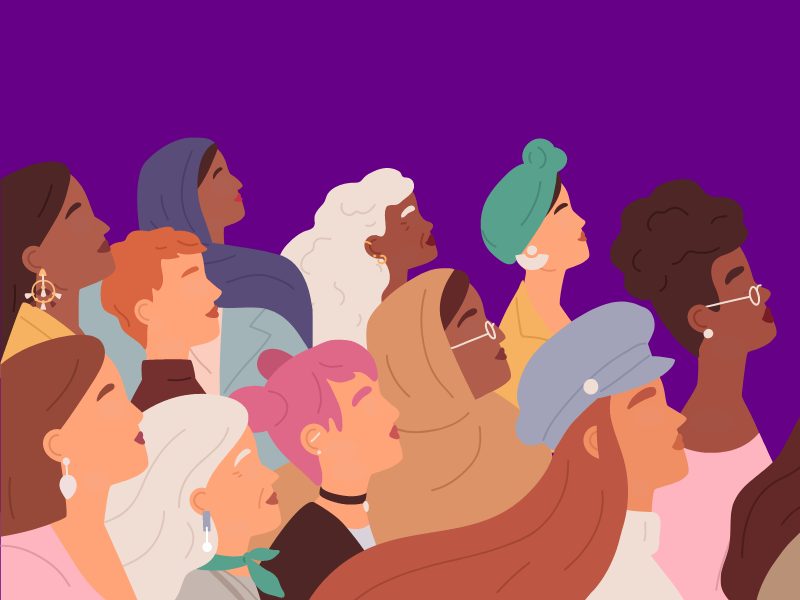Building positive and productive partnerships takes time. Here is how we continued to develop ours in 2022/23:
- We expanded our network of opportunities for survivor input, influence, and empowerment.
- We represented the Welsh VAWDASV sector in policy discussions with local, national, and UK government.
- We advanced essential research and data collection to provide a national picture of VAWDASV in Wales.
Amplifying the voices of survivors
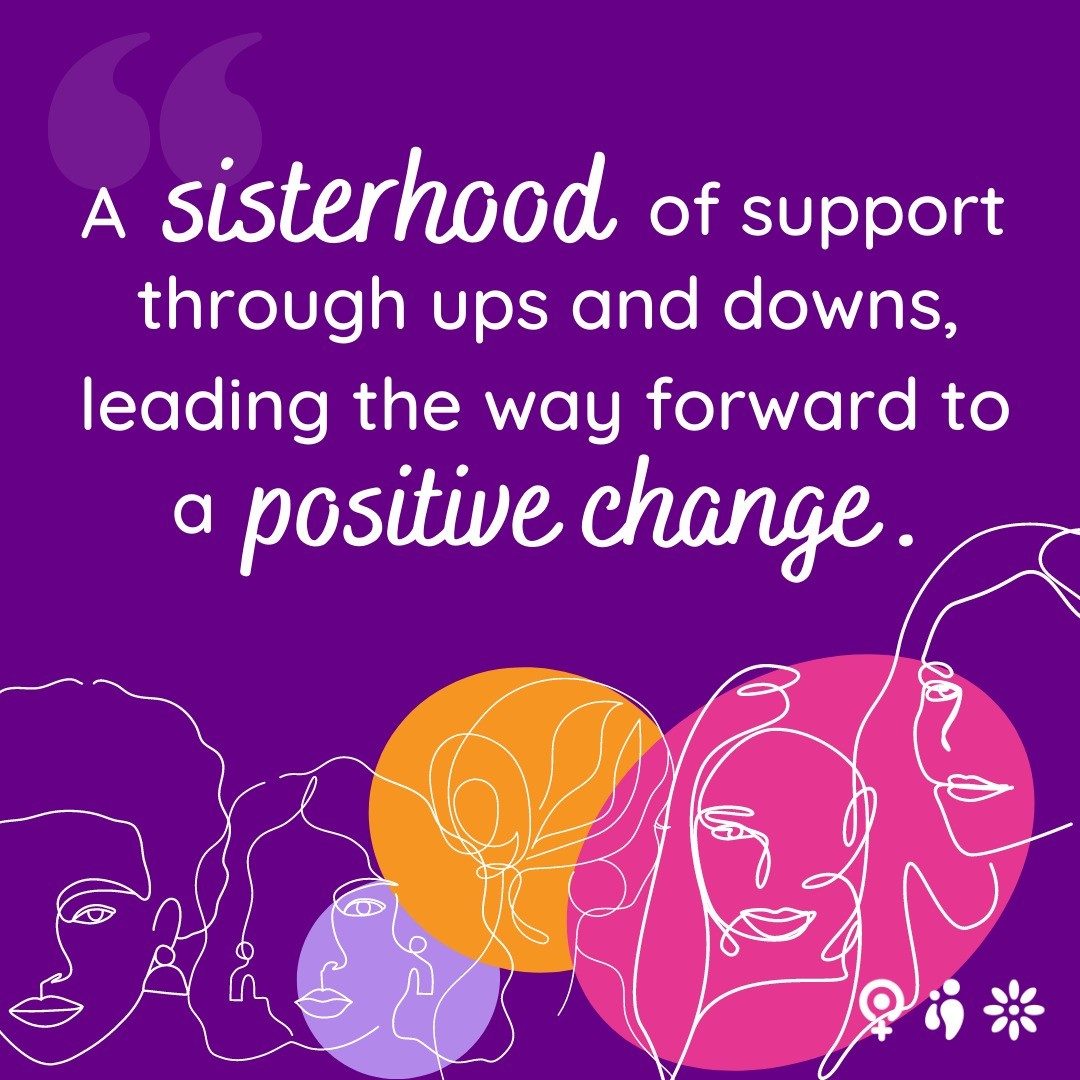
In our mission to combat domestic abuse, we recognize that survivors are not merely beneficiaries but invaluable partners in effecting meaningful change. By actively engaging with survivors, we not only amplify their voices but also foster a collaborative environment where their contributions are pivotal to our work.
This can be seen in through our Survivor Network, a network for providing survivors who have escaped abusive situations with vital support from peers, as well as enabling them to take part in a range of activities.
This year we actively engaged over 100 survivors through our survivors network.
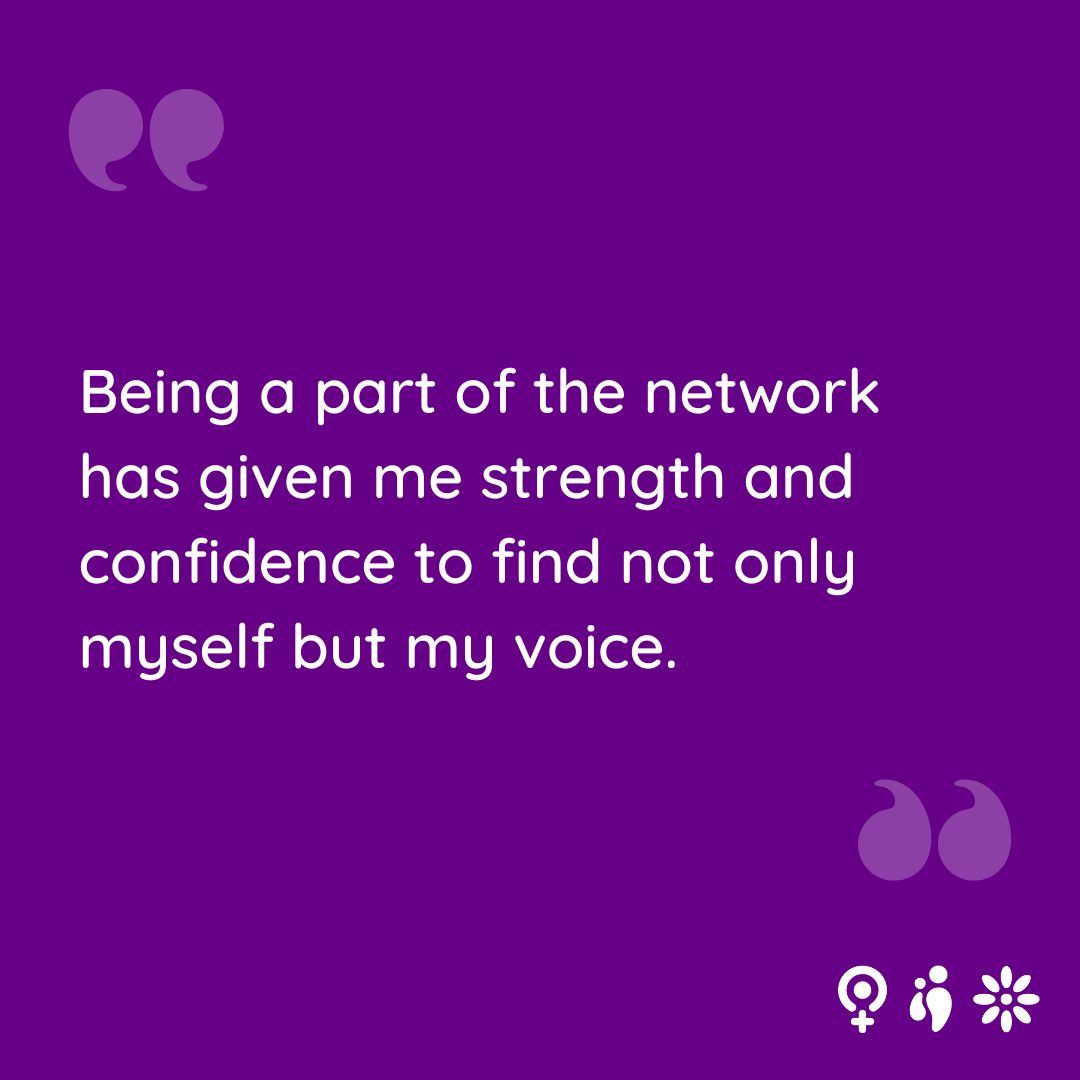
We want to make sure our work is informed by the lived experience of survivors, which is why survivors in the Survivor Network have the opportunity to respond to policy and research consultations.
This year they gave their input into over 10 consultations, on issues ranging from unwanted contact from prisoners, Clare’s Law and coercive control involving companion animals. They also took part in research with The Disability Trust to examine brain injuries in the context of domestic abuse.
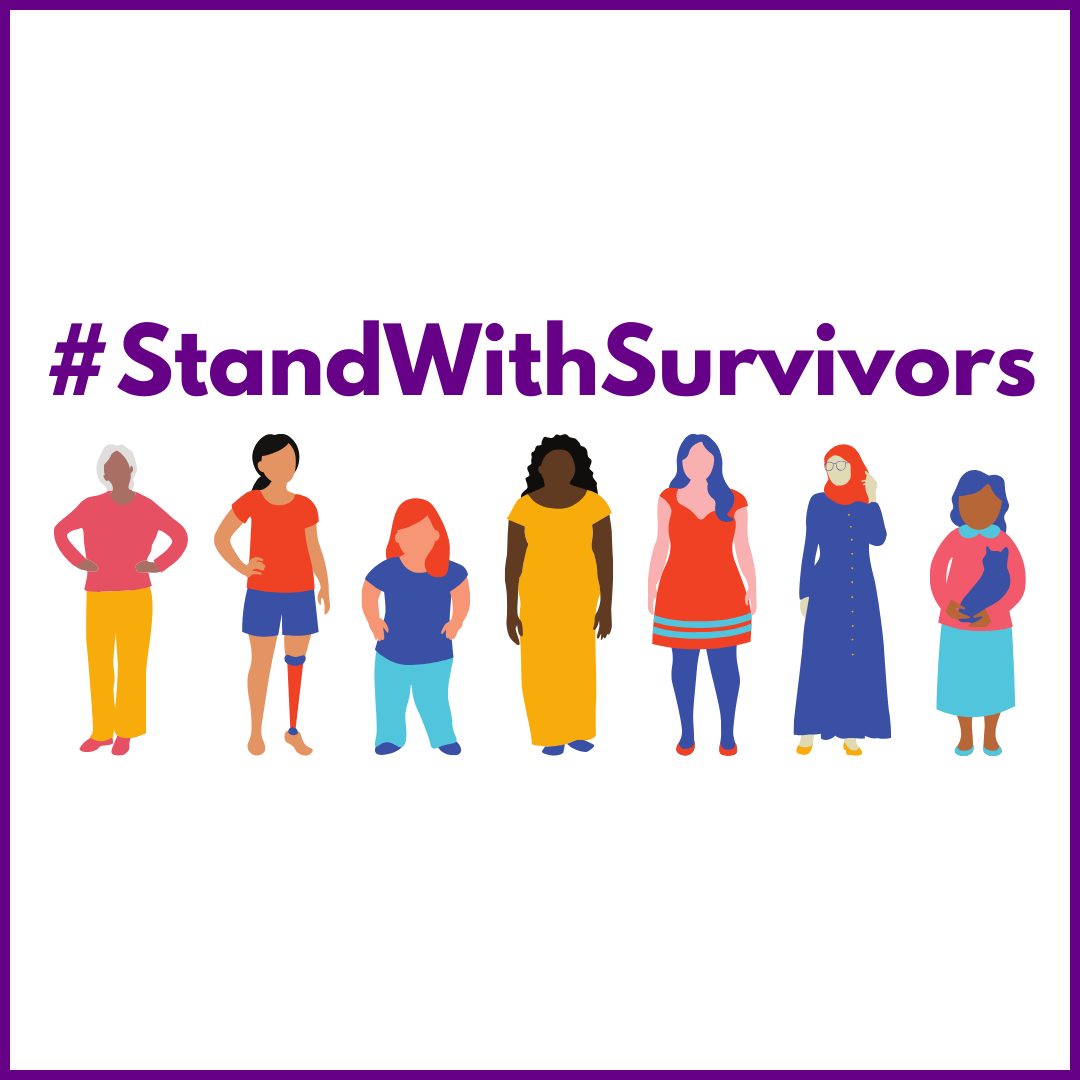
The Survivors Network aims to have a wide-reaching impact on those who are part of it. Its power lies in its transformative potential, encouraging survivors to not only find support but also contribute to a collective force that advances changes and healing. This is why in 2022/23, we worked with Careers Wales to offer survivors free training to progress into the workplace. This programme was designed to support the Survivor Network participants, especially those with any language barriers. We are delighted to see that 3 of our SN members have taken up roles within the sector.
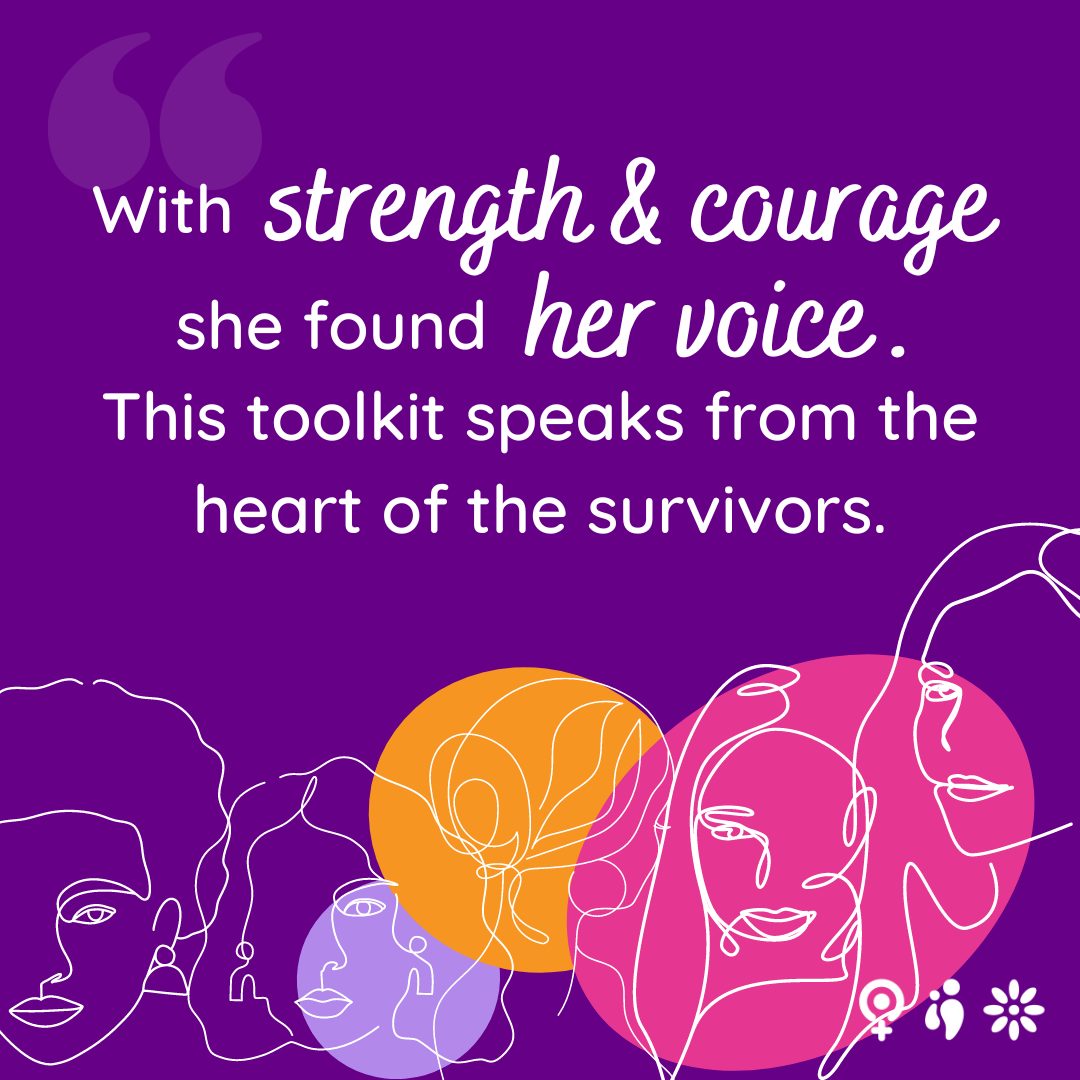
The Network’s success hinges on effective promotion. Our Survivor Engagement Officer and SN members actively participate in community events to do so, showcasing their crucial work both nationally and internationally. They have engaged with various groups, spanning from the Polish community and Fighting with Pride within Wales, to collaborating with Latvian Survivors in Prague during WAVE conferences.
Our ‘Engaging with Survivors’ workshop, which was delivered to survivors and professionals from 37 countries, demonstrates this, as we revealed our Survivor Toolkit to encourage global survivor participation.
Representing the Welsh sector perspective

Engaging with both the UK and Welsh government is paramount to our end objective of ending VAWDASV. By actively participating in these dialogues, we not only represent the sector’s interests, but we can also ensure that the unique insights gained from frontline experience are integrated into policymaking.
We continue to provide insight as we engage in key meetings across the nation, from the Home Office VAWG Stakeholder Group to the VAWDASV Strategy Meeting.
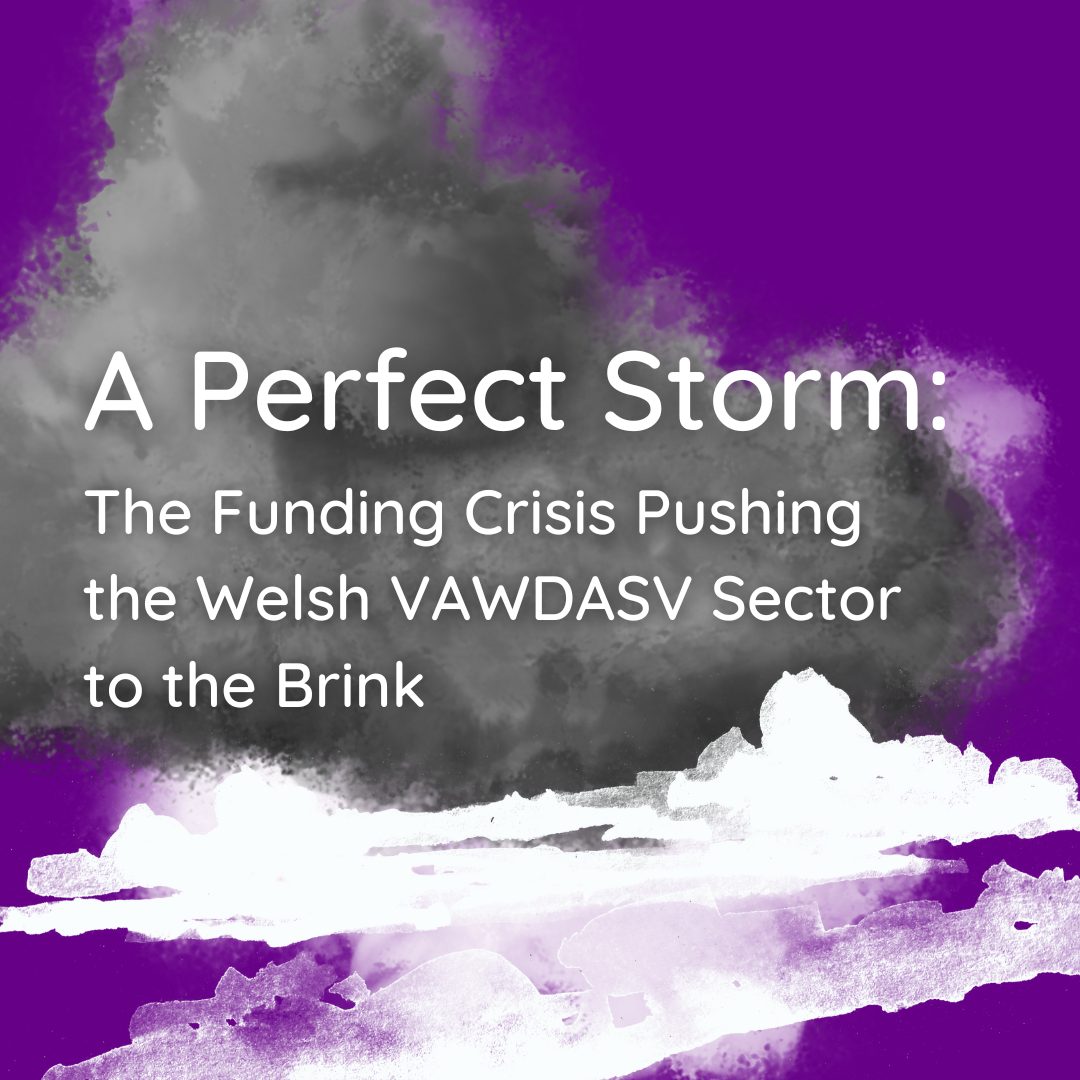
There has been unprecedented concern across the sector that numerous factors are intersecting to create ‘a perfect storm’ which has been severely hindering service delivery. This is why instead of our annual State of the Sector report, we produced a report that highlights how Covid-19, Brexit, the cost-of-living crisis and a lack of sustainable funding are impacting frontline workers and survivors. We have already been existing on extremely limited resources, but the sharp rise in inflation and the evolving political contexts of a post Covid-19 and Brexit landscape could threaten to bring the sector into an irreversible decline.
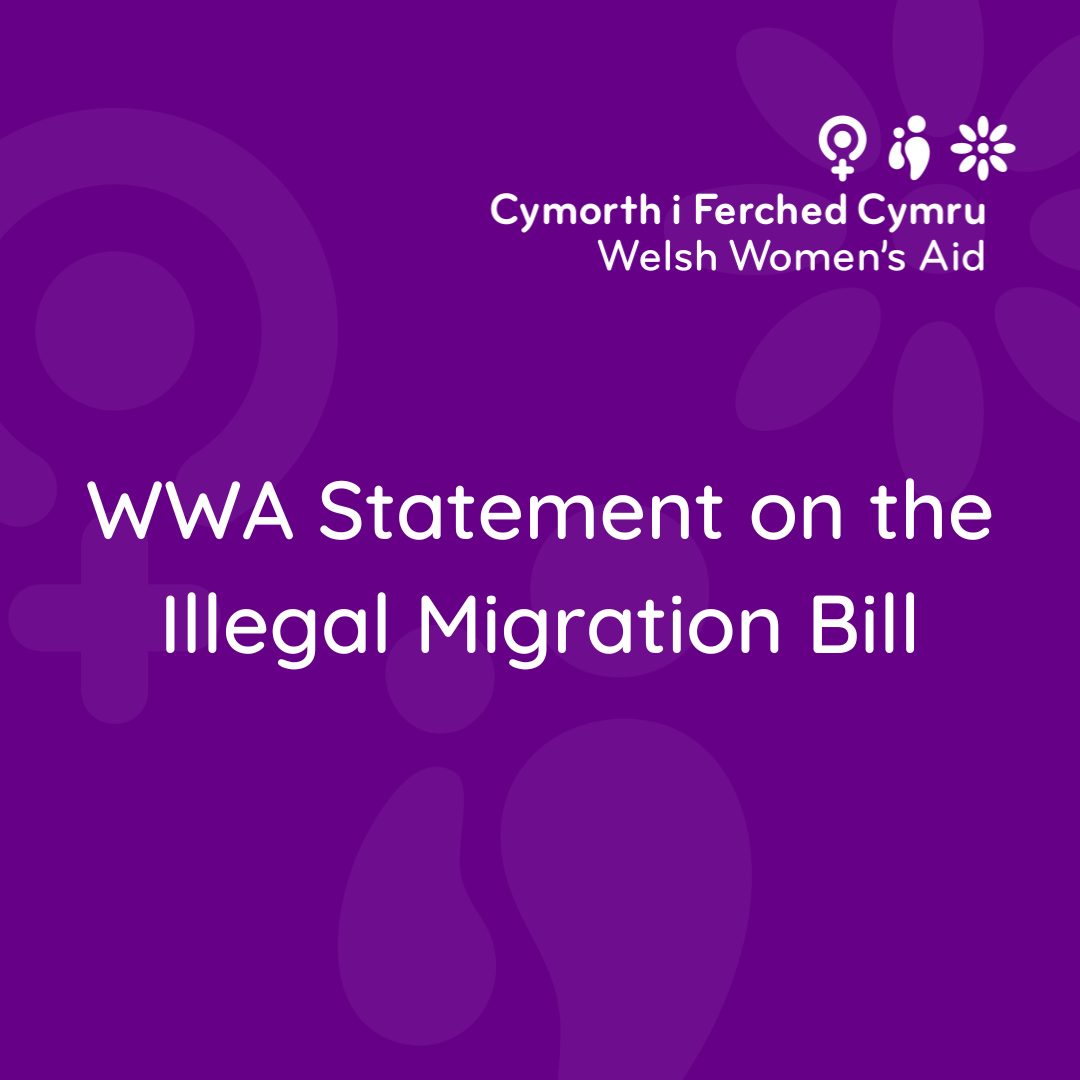
We have provided policy input, consultation responses and statements regarding issues that concern survivors. These include: The Right to Adequate Housing, Human Rights of Asylum Seekers and Home Office consultation on creating public offence of sexual harassment.
Supporting ethical, Wales-focused research

Good, reliable data is the cornerstone of any effective intervention to support those affected by VAWDASV. Accurate data from our member organisations and from the Live Fear Free helpline can provide a holistic perspective on what VAWDASV in Wales looks like, which in turn can empower us and others to implement evidence-based practices.
The data we collect is used by the Office of National Statistics (ONS), Public Health Wales (PHW), the Wales Violence Prevention Unit (VPU), Women Against Violence Europe (WAVE) and other national and international bodies.

We advocate for ethical VAWDASV research to ensure the protection, and wellbeing of participants, who we know may have experience trauma. This is why we have supported over 30 researchers from Wales and across the UK. These have included academics from the University of Cambridge, Cardiff University, University of South Wales, and many more.
As part of this, we support students with recruitment, access to data, and provide guidance on conducting ethical research projects. Subsequently, we have cascaded the relevant research requests on to member organisations and key contacts to join up the VAWDASV research landscape across Wales.

This year we have been examining how our member services collect and report on data, in order to identify best practice and support members to maintain ideal data recording. Our project, which has aimed to collaborate with members and assist their migration to a new data management system, has been made possible due to a bursary funded by CAF.
The new data collection system (OASIS) will support superior data gathering for the state of the sector reports and national data sets.


